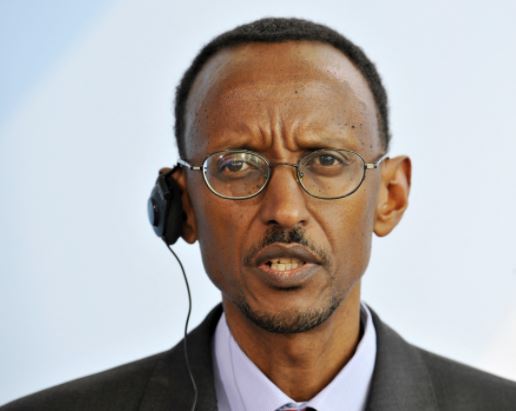
Rwanda's electoral commission on Wednesday confirmed President Paul Kagame's overwhelming victory in last week's presidential election, even improving his score slightly to 98.79 percent.
There had been little doubt that the 59-year-old would return to the helm of the east African nation which he has ruled with an iron fist since the end of the 1994 genocide.
Preliminary results showed he had won 98.63 percent of votes, handing him a third term in office. The final results showed opposition leader Frank Habineza of the Democratic Green Party scored 0.48 percent and independent candidate Philippe Mpayimana 0.73 percent.
Both candidates conceded defeat this week after preliminary results were released.
However, Habineza stated that "some local authorities were not cooperative and there were hindrances to our election observers and party agents."
After the election, the United States said it was "disturbed by irregularities" observed during voting as well as a lack of transparency in determining the eligibility of prospective candidates.
"We hope the new electoral law to be debated in the next session of Parliament will clarify that process well before the 2018 parliamentary elections," read a State Department statement.
Similarly, the European Union acknowledged urged "further efforts to increase the inclusiveness and transparency of the (election) process, in particular as regards the registration of the candidates."
Kagame has been the de facto leader of Rwanda since, as a 36-year-old, his rebel army routed extremist Hutu forces who slaughtered an estimated 800,000 people - mainly minority Tutsis - and seized Kigali in 1994.
He was first appointed president by lawmakers in 2000. He was made eligible to run for a third term following a referendum in 2015 that voted to remove term limits from the constitution and could potentially allow Kagame to seek election another two times and rule until 2034.
Kagame is credited with a remarkable turnaround in the shattered nation, which boasts annual economic growth of about seven percent.
However rights groups accuse Kagame of ruling through fear, relying on systematic repression of the opposition, free speech and the media




No comments:
Post a Comment